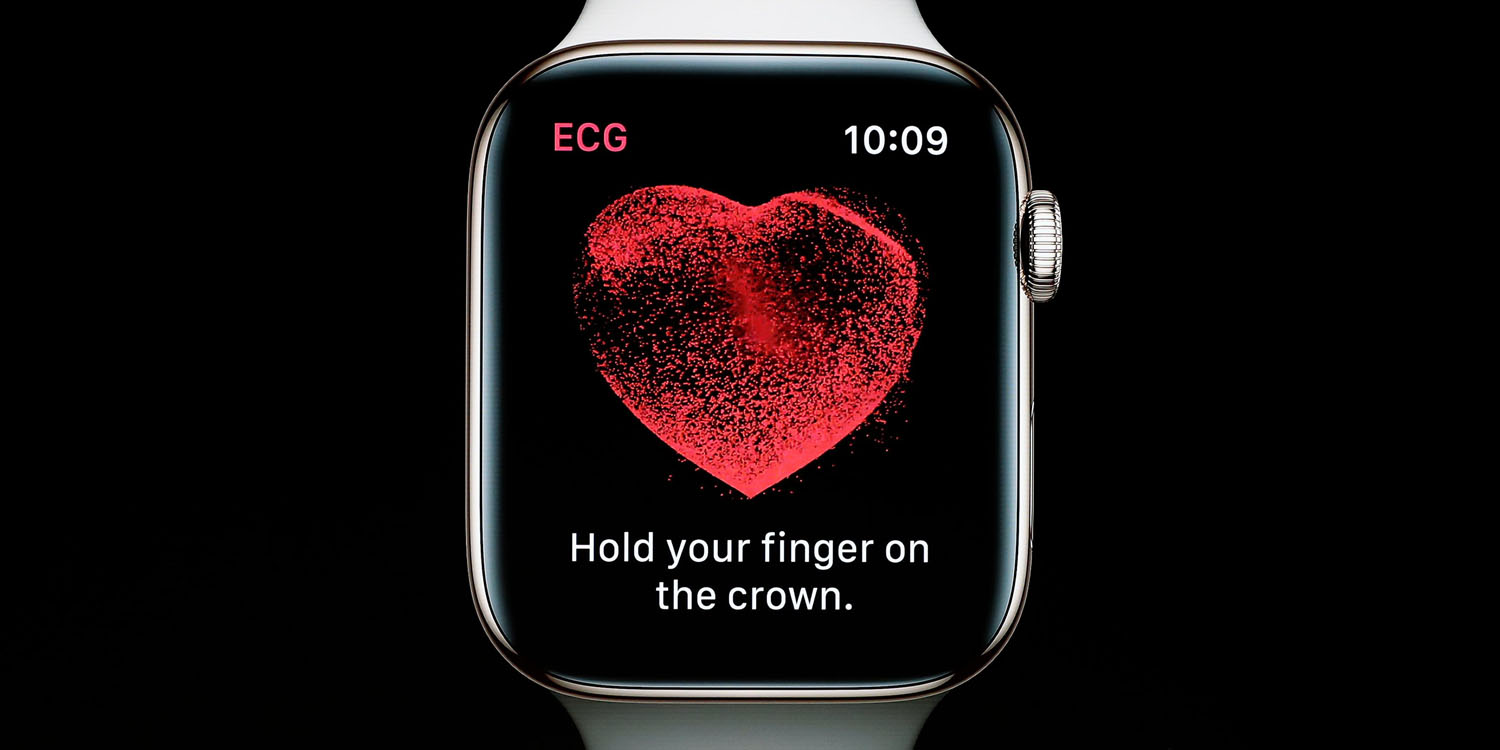
(See update at the bottom of the piece.)
If you’re in the UK and were wondering how long it might take before Apple is allowed to enable the ECG feature on the Apple Watch Series 4, the news doesn’t look good.
Apple obtained FDA clearance to use the feature in the US just one day before the launch of the Watch, though Apple has not yet enabled it. But despite a study suggesting an accuracy rate of 98% in detecting AFib, Apple may face a much tougher battle in gaining similar clearance in the UK …
I asked the Medicines and Healthcare products Regulatory Agency (MHRA) what would be involved, and how long the process would typically take.
The good news is that the process itself isn’t that complicated.
ECG devices for self-monitoring are classified as class 2a and the manufacturer will require a Notified body to carry out a conformity assessment. The most common assessment route is by audit of the full quality assurance system.
In other words, the ‘notified body’ supervised by the MHRA would examine the documentation Apple supplies, and ensure that it is satisfied that the quality assurance system does indeed guarantee the effectiveness and reliability of the feature.
However, Apple may also be asked to carry out a ‘clinical investigation’ – or medical study – designed to test the effectiveness of the AFib detection. You might think that this would be simple enough, as Apple has already carried out such a study, so in principle could just hand over the data and the findings.
But this would likely not satisfy the MHRA. It requires companies to notify them in advance of an intention to carry out the study.
You may need to carry out a clinical investigation as part of the process to obtain a CE marking for your medical device. You must inform MHRA if you are planning to do this at least 60 days before starting your investigation [providing] some basic details about the investigational device, the intended population, the type of study, and estimated application date.
The MHRA then has 60 days to approve the study. If it has any queries, the clock stops until it has received a satisfactory response to the issues raised.
Once that time has elapsed, Apple will be able to begin the study. Depending on the scale of the study and the period over which it is required to run, this could be an extremely lengthy process.
The last factor could be the most time consuming and could potentially add years onto the CE marking process.
There is a small possibility that Apple already obtained the necessary approval to conduct its existing study. Although the MHRA is the official UK body, because the UK is (for the moment) in the EU, Apple would have the option of obtaining permission from the equivalent agency in another European country. The MHRA would not necessarily be aware of this.
Update: One German cardiologist hints that this might in fact be the case. In an interview with Heise, when asked how quickly the feature might come to Germany, Thomas Meinertz says:
In my experience, a CE certification in Germany will come relatively quickly.
That may just be a guess on his part, or it may mean it is already working its way through the German equivalent of MHRA – which would see it gain approval in all EU countries, including the UK. (Thanks to Dirk Haun.)
Check out 9to5Mac on YouTube for more Apple news:
FTC: We use income earning auto affiliate links. More.





Comments